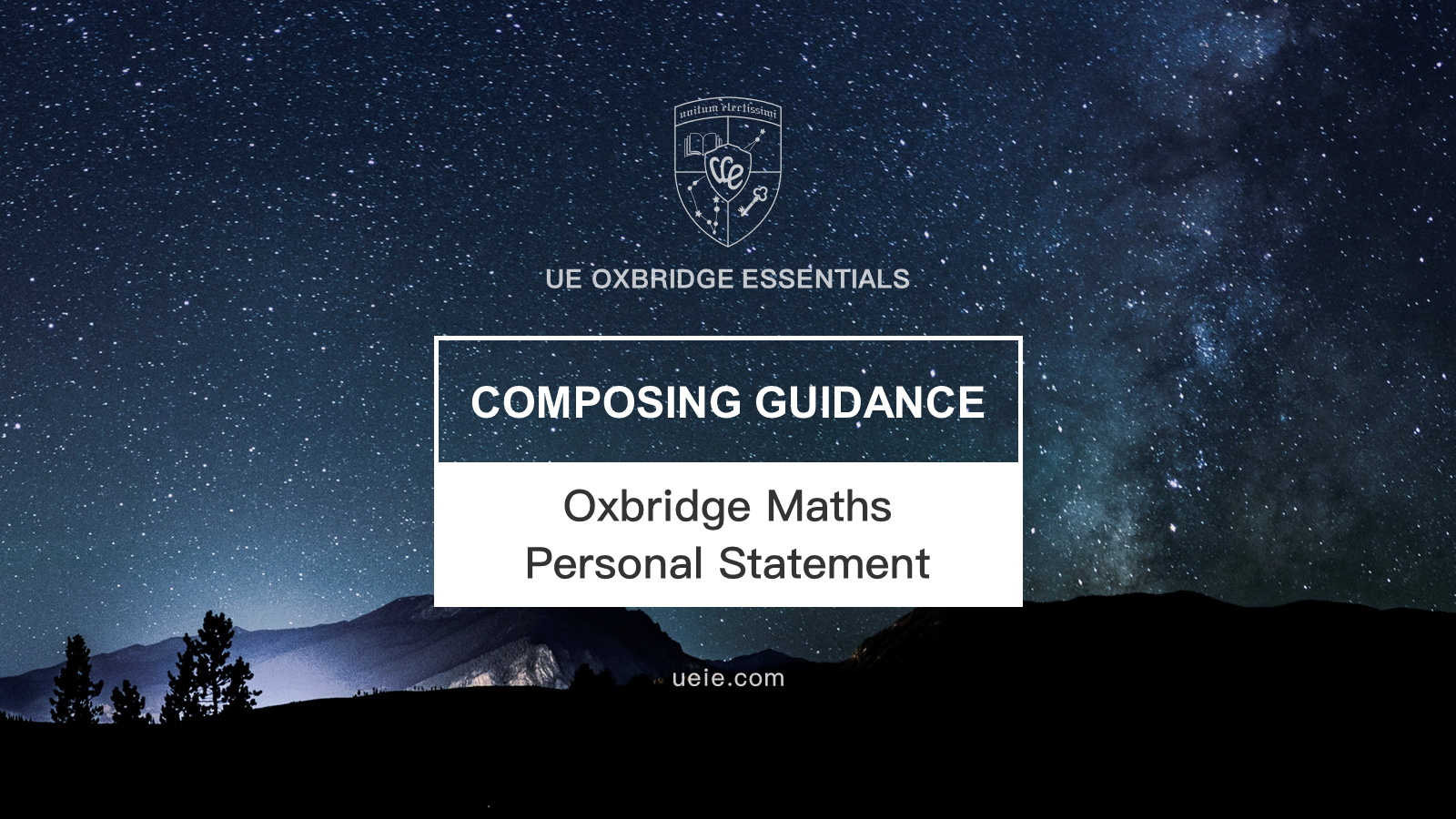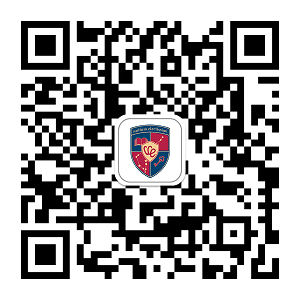Lorem ipsum dolor sit amet, consectetur adipiscing elit. Ut elit tellus, luctus nec ullamcorper mattis, pulvinar dapibus leo.
Mathematics is a language that reveals universes hidden within numbers, shapes, and patterns. Your maths personal statement holds the key to unlocking the dreams of those who dream of exploring these geographical regions through the hallowed halls of Oxford or Cambridge.
The maths personal statement is like a complex equation where your passions, experiences, and aspirations play av role. Here is your opportunity to showcase your readiness to dive into the tricky world of Oxbridge maths.
This blog introduces you to the intricacies of writing a personal statement for maths courses. Our goal is to assist prospective Oxbridge maths students, college applicants, and all others in cultivating a deep love for mathematics so that they can craft a statement that resonates with admissions tutors.
I. What is a Personal Statement?
Understanding a personal statement before diving into equations and examples is essential. Rather than just writing an essay, the maths personal statement showcases your passion for the course, your academic achievements, and how your interests have evolved throughout your life. The opportunity is yours to convince Oxbridge that they need to offer one of their coveted mathematics positions.
The Oxbridge tutors seek readability of thought, enthusiasm for maths, and evidence that you can think deeply about complex issues. In an environment rich with numerical challenges, they seek students capable of contributing and thriving.
And it should be noted that UCAS released the FUTURE OF UNDERGRADUATE ADMISSIONS in January 2023, indicating that it will reform five aspects of the undergraduate admissions process. UCAS will be reframing the current format of the personal statement into a series of questions:
- Motivation for course – Why do you want to study these courses?
- Preparedness for course – How has your learning so far helped you to be ready to succeed on these courses?
- Preparation through other experiences – What else have you done to help you prepare, and why are these experiences useful?
- Extenuating circumstances – Is there anything that the universities and colleges need to know about, to help them put your achievements and experiences so far into context?
- Preparedness for study – What have you done to prepare yourself for student life?
- Preferred learning styles – Which learning and assessment styles best suit you – how do your courses choices match that?
However, at present, a personal statement is still required for students applying in the 2024 application cycle.
II. What to Prepare Before Writing a Maths Personal Statement
Before you start writing, there may be a few steps you should take if you want to make an impactful maths personal statement:
Take some time to think about the key things you’d want an admissions tutor to know about you, which ensures that you understand why you should be offered a place.
Check the course description, as this will help you with what to include and give you a good idea of what each university is looking for. Explore the official websites of Oxford and Cambridge for detailed information on maths courses.
Ask yourself the following questions to ensure you write your personal statement for maths courses logically and without missing content:
- Why have you chosen mathematics?
- What excites you about mathematics?
- Have you studied mathematics outside the classroom through competitions, similar readings, or projects?
- Describe how the previous reports have shaped your understanding of math and your enthusiasm for it.
- What achievements are you proud of?
- What skills do you have that make you perfect for mathematics?
- What plans and ambitions do you have for your future career?
Your personal statement for maths courses will be a true reflection of your educational soul if you reflect on those questions in addition to warming up your writing muscles.
III. Personal Statement Writing Tips
Here are a few other suggestions about maths personal statement dos and don’ts:
1. Dos:
- Be authentic: Authenticity always resonates better than jargon or pretension when you try to galvanize others.
- Be specific: Provide concrete examples to support your points; the admissions committee will remember this information.
- Be enthusiastic: if you show you’re interested in the course, it may help you get a place.
- Be relevant: Connect what you’re saying with the course and with your experiences.
- Be concise: The word limit for the maths personal statement varies according to different universities and courses, but the maximum number should not exceed 4,000 words. Every phrase counts in your personal statement, so choose carefully.
- Be Edited: One mistake can detract from the professionalism of your statement, so proofread carefully.
- Be positive: Avoid the negatives, highlight the positives about you, and show you know your strengths.
2. Don'ts:
- Don’t be modest or shy: You need to show your enthusiasm for mathematics.
- Don’t exaggerate: You may get caught out in an interview when asked to elaborate on an interesting achievement.
- Don’t put important information last: The important information could be left out.
- Don’t copy and paste: Write your own stories and experiences.
- Don’t post your personal statement on the internet or social media: Prevent information leakage or other issues.
Creating a maths personal statement that captures your love for mathematics is no easy task, but you can leave a lasting impression with careful planning, reflection, and attention to detail. Bring your experiences to life, ignite your enthusiasm, and refine them into a genuine story. Your script awaits the pages of your destiny; make it count.
IV. Structuring Your Mathematical Expedition
1. An Intriguing Start
- Tell a personal story, ask a question, or reveal something that shows your fascination with mathematics. Make it compelling, whether it’s a lesson epiphany, a math problem you solved, or a mathematical concept that fascinates you.
- Avoid clichés and the most obvious opening sentences so that you stand out from the first line. Refer to the most common opening lines published by UCAS:
From a young age…
For as long as I can remember…
I am applying for this course because…
I have always been interested in…
Throughout my life, I have always enjoyed… - An engaging opening line is usually the hardest one to write.
However, it may be easier for you to get on with writing the main content and coming back to the introduction afterward.
2. Developing the Plot
- Academic Milestones: Discuss significant academic achievements related to mathematics. Emphasize advanced coursework, mathematical competitions (like Olympiads), research projects, or any distinctive accolades you’ve received.
- Practical Engagements: Elaborate on practical applications of your mathematical skills. This could include internships, work experience, or real-world problems you’ve tackled that demonstrate your ability to apply mathematical concepts.
- Mathematical Community Involvement: Highlight your involvement in math clubs, societies, online forums, or collaborative projects. This shows your commitment to the mathematics community and your enthusiasm for engaging with like-minded individuals.
- Intellectual Curiosity: Share insights into books, documentaries, lectures, or mathematical puzzles that have broadened your perspective and deepened your love for the subject.
- Problem-Solving Prowess: Provide examples of how you’ve used mathematical reasoning and critical thinking to solve complex problems, both in academic settings and in real life.
3. End of Your Essay
An impressive end of your maths personal statement may leave the admissions tutor with a strong lasting impression – one that will leave them no choice but to make you an offer. How to do this? There are several sugestions:
- Avoid famous quotes. Like the start of your personal statement, try to avoid cliches, quotes, or asking rhetorical questions you’re not going to answer.
- Connect to your content above. Revisit the key points mentioned in the main body and emphasize them again.
- Talk about the future and your university expectation. Looking to the future is an optimistic way to finish. It shows you’re goal-oriented and carefully thought about how this course fits into your plans.
V. Polishing the Proof
- Clarity and Logic: Ensure your statement is logically structured and ideas flow seamlessly from one section to the next, mirroring the precision and clarity required in mathematical proofs.
- Authenticity and Passion: Your genuine interest in mathematics should be the thread that weaves your statement together. Avoid clichés and focus on what genuinely excites you about the subject.
- Feedback and Iteration: Seek feedback from teachers, mentors, or peers, especially those with insights into the Oxbridge application process. Be open to critiques and willing to revise your statement for clarity, coherence, and impact.
- Adherence to Guidelines: Double-check the specific requirements for the Maths courses at Oxbridge, including word limits and any specific prompts or questions that need addressing.
Your Oxbridge maths personal statement is your theorem to prove, showcasing your unique equation of experiences, passion, and aspirations in mathematics. Let it reflect your analytical prowess, your commitment to the discipline, and your readiness to explore the infinite possibilities that Oxbridge’s Maths courses offers.
Want to learn more about the guidance and detailed suggestions for your maths personal statement? Explore the official website of UCAS and get everything you need to know.
VI. Sample Maths Personal Statement and Comments
1. Maths personal statement sample
In my mathematical career to date, I have always pushed myself and thrive on new challenges. As such, I took the FSMQ additional maths in year 11 and am teaching myself AS further additional and the AEA in my year out. Working independently, I find I am always eager to learn more. This is the key reason I look to study maths at university, not because it’s what I’m best at, but because I genuinely love doing it.
A level study expanded my mathematical horizons from matrix algebra and complex numbers to hypothesis testing and probability distributions. So far, proof by induction is the topic which absorbed me most. The concept that something can be ‘proven’ true for all cases is especially engaging and powerful; I can’t wait to improve my skills in this field. In my spare time, I have begun working on STEP papers. Studying more advanced topics and being able to answer deeper questions is very rewarding.
A maths degree will always deliver this kind of challenge which is an exciting prospect for me. Studying chemistry fed my love for problem-solving. Topics like spectroscopy and synthesis built on the skill set gained in maths; gathering information and using it to find the solution to a problem. My favourite were problems requiring analysis of multiple graphs and spectrograms to be collated to achieve the final answer. The influence maths had on my thinking and, ultimately my ability to problem solve, was an important factor in my gaining a silver in the Chemistry Olympiad. Maths gave me the confidence to think logically and analytically and enabled me to persevere with difficult problems, knowing a solution would come. As a mathematician, this helped me take a step back from complex problems and approach them using potentially riskier, less obvious strategies.
Studying biology also allowed me to appreciate the importance of maths in making sense of data and thus allowing progress in research. Biomedical research is responsible for improving and saving lives through medical and public health interventions, many of which could not have been developed without the framework of understanding provided by mathematicians. Health economics research, clinical trials and epidemiology rely heavily on maths to provide reliable evidence to guide clinicians and policymakers. My natural curiosity led me to seek out many extracurricular events, including a problem-solving day where I was introduced to modular arithmetic and its applications in cryptography. Working in groups, we were required to present our findings to the wider audience, a presentation in which I took the lead. Explaining unfamiliar maths to strangers was very gratifying and I relished the way people’s questions deepened my understanding.
Attending an Oxford conference on personalised medicine and the Earth Optimism Day in Cambridge showed me how central maths is to many disciplines. From statistical testing of evidence to mathematical modelling of climate change and population epidemiology; maths is everywhere. This convinced me further that it was the right degree for me. I have developed excellent interpersonal skills through volunteering in schools in the UK, India, and southern Germany, overcoming language barriers to communicate effectively.
I am currently a mentor to A2 further maths students and was mentor to AS students last year; teaching is entirely different to learning and has deepened my understanding. Being part of my local swimming club for over a decade taught me the value of commitment and teamwork, as has over 2 years working in cafes and as PA to a senior academic. For the first time (having earned enough!), I have an opportunity to travel independently and will visit China, Japan and Vietnam. Oriental cultures have always fascinated me: how ancient traditions coexist in such technologically advanced societies. Experiencing such different ways of life will undoubtedly prepare me better to embrace everything university life has to offer.
2. Comments on the Sample:
- A concise opening line shows the applicant’s fascination with mathematics.
- Ties together the competition awards, test scores, and personal practice experiences, making the essay logical and persuasive.
- A mention of the achievements in chemistry and biology demonstrates the applicant’s further reflection on the application of mathematics.
- Various extracurricular activities, work, and life experiences indicate the applicant’s ability and character.
- It ties together the applicant’s ambitions and the university life in Oxbridge, bridging their past and future.


